Workers didn't have to threaten him to gain those benefits. He did it because it was the right and human thing to do. In essence, he treated others -- such as workers -- with respect. His example trickled down to his managers, and the Westinghouse companies continued on that managerial tradition even decades after he died.
The workers in turn treated Westinghouse with respect such that during the financial crisis of 1890, his employees at Westinghouse Electric proposed to work for half pay until the crisis subsided. And when after he died, they built him a memorial costing over $2.5 million in current dollar value, a structure that still stands today. I cannot envision any CEO in the modern corporate world whose workers would do that for him or her, certainly not the CEOs of Ford, General Motors, and Stellantis.
Sure, George Westinghouse had over 360 patents and founded some 60 companies, bringing to the world immeasurable comfort and safety, but it's through his magnanimous treatment of the countless people who he came into contact with that made him a great man. And I'm a fan of individuals of magnanimity such as Westinghouse. They are as rare as letters fully handwritten by Westinghouse himself.
Therefore, it is with great joy to announce I have recently acquired a second fully-handwritten letter from George Westinghouse (see photo above). Last year, I acquired the first letter.
Westinghouse was a private and reserved man who shunned publicity. Biographer Jill Jonnes believes there are no more than 20 photographs of George Westinghouse, versus his contemporary Thomas Edison who has hundreds of photographs. Few of his external correspondences survived to this day, and known surviving external letters fully-handwritten by him are rarer still, perhaps fewer than half a dozen. At the Detre Library & Archives, where historical Westinghouse documents are kept, there are only two external handwritten letters (one to his aunt, and the other to a lawyer). All other handwritten letters at the archive -- 31 pages in total -- were to his wife Marguerite.
Unlike the first letter dated October 9, 1909, when George Westinghouse was 63 years old, this recently acquired letter was dated March 1, 1871, which means Westinghouse was only 24 years old. At such a young age, he was leading the Westinghouse Air Brake Company as president.
For those who cannot read cursive, the letter says:
Mar[ch] 1st, 1871
J. H. Devereux, Esq.
Gen[era]l Man[ager], L[ake] S[hore] & M[ichigan] S[outhern] R.R.
Cleveland, Ohio
My Dear Sir,
Permit me to express my thanks to you for your promptness in sending the money due this Co[mpany]. It came at a time to be of grea[t] use to us & we fully appreciate all of the good you have done us. I hope the brake may prove entirely satisfactory & effect a large saving by its use.
Respectfully yours,
Geo[rge] Westinghouse, Jr. President
Carnegie even admitted Westinghouse could’ve been richer if he paid his employees less -- who he paid five times more than the average railroad worker -- and the American Federation of Labor founder Samuel Gompers once said, “If all business leaders and moguls treated their employees as well as George Westinghouse, there’d be no need for any labor unions.”
The following is shared by the late Ed Reis:
"In 1935, Westinghouse Electric wrote to older retirees from the Westinghouse companies and even from the railroads, asking them to write back with personal remembrances of George Westinghouse. This was more than 20 years after George Westinghouse had died, but the 20 or so returned letters are quite fascinating because they detail many personal stories and provide insight into George’s personality and business practices.
One of the letters told the story of how the writer and some others were outside eating lunch one day when a newly hired foreign-born worker was moving a wheelbarrow of material into the plant. It had rained and there was a board placed over a wet and muddy area. The wheelbarrow slipped and tipped over. The letter writer told how he and the other young men laughed at their co-worker’s misfortune.
By chance, George Westinghouse appeared, and without saying a word, he walked over, took off his gloves, and stepped into the water and mud, where he helped the young man right the wheelbarrow and reload it. The story goes that George Westinghouse then walked away without a glance and without a word."
But believe it or not, young George growing up was anything but magnanimous. He had terrible temper tantrums and would bang his head onto hard surfaces until he got his way. When he wanted something, he had to get it. Yet that extreme stubbornness was a trait necessary to push a new technology through despite extreme difficulties and doubts. And that extreme stubbornness was a trait necessary to gain victory over extremely powerful personalities like Thomas Edison and JP Morgan.
Regarding his temper tantrums when he was a boy, Westinghouse said: “I have always known what I wanted, and how to get it. As a child, I got it by tantrums; in mature years, by hard work.”
I further discussed the two Westinghouse letters in a video below:
So what exactly was in Life Magazine that delighted him and Mrs. Westinghouse? I did some research and found the exact birthday wish by Life Magazine:
In summary, I think the world of George Westinghouse, Jr. I believe he is severely underrated in history, especially by the modern business world. They laud personalities like JP Morgan, John D. Rockefeller, Andrew Carnegie, Thomas Edison, etc. But George Westinghouse is a name with so much character that it is "above reproach." No other major industrialists both past and present can be truthfully and accurately described in the same way because they aren't at the same level. ☯
My other Westinghouse blog entries are below:
The most underrated businessman of all time
Handwritten letter from George Westinghouse
Interview with Dr. William Huber (biographer of Westinghouse)
George loves Marguerite
Formless but full of force
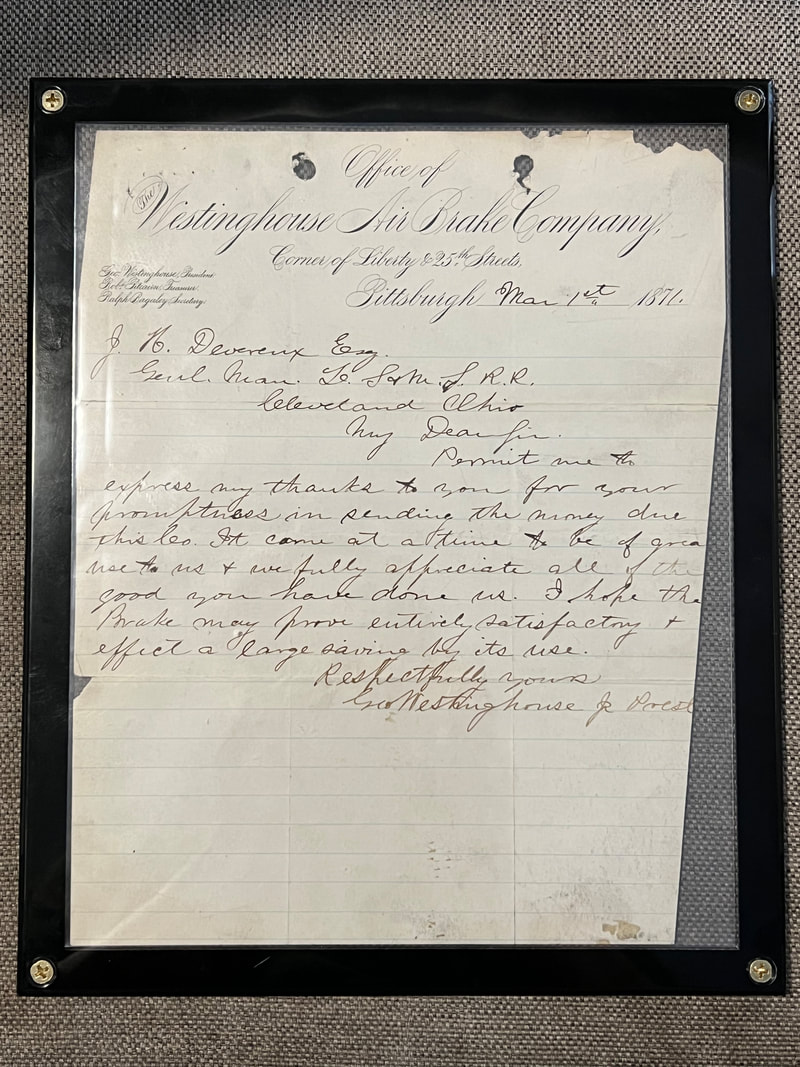

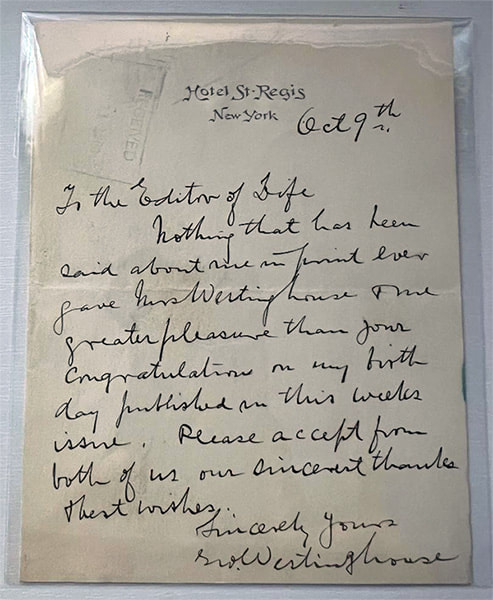
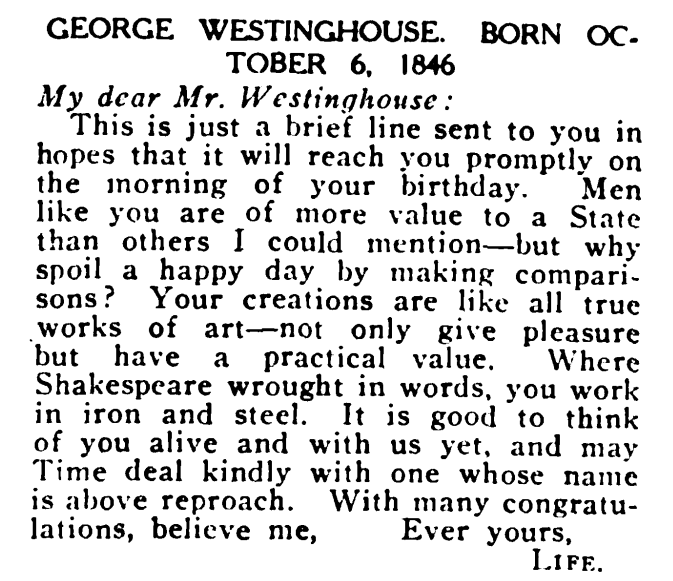

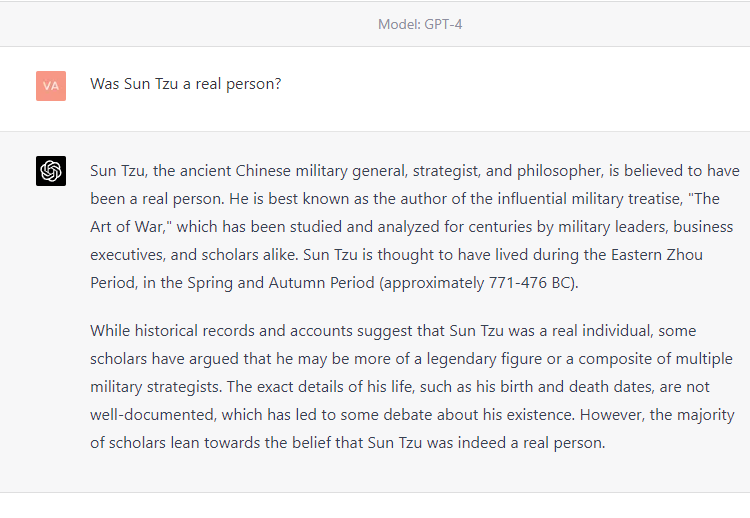
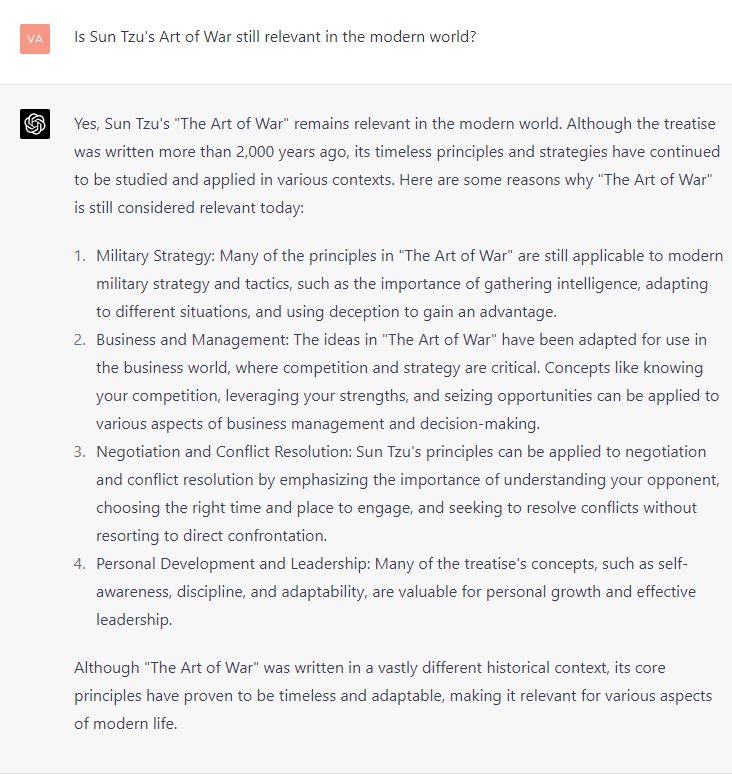
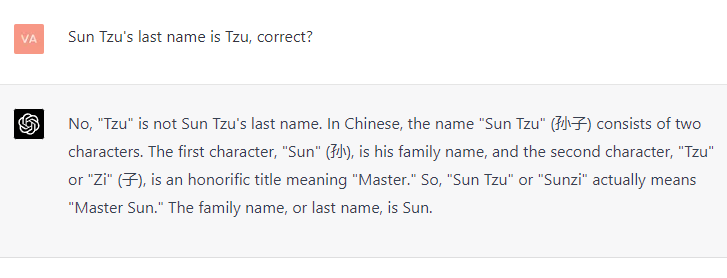
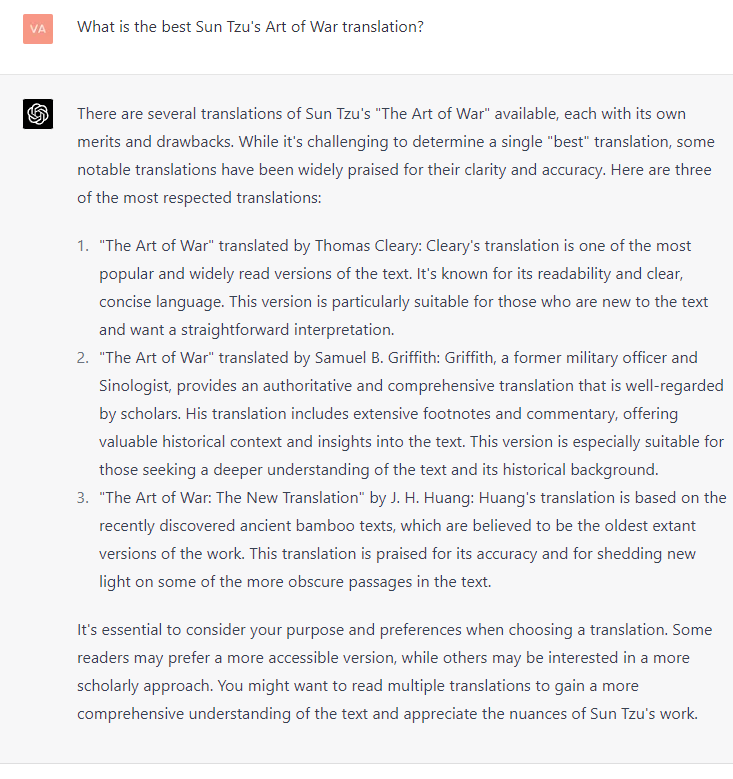
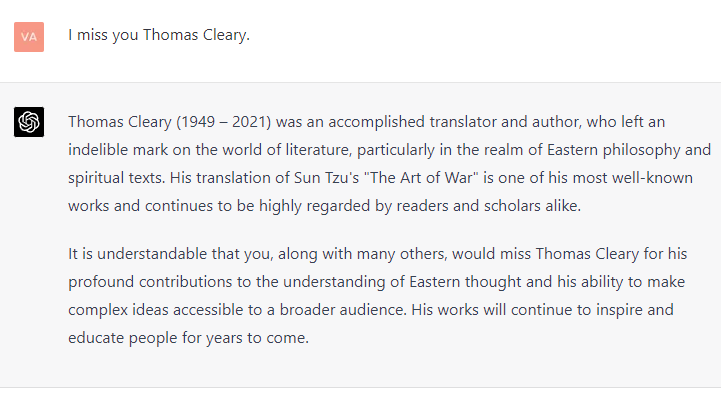
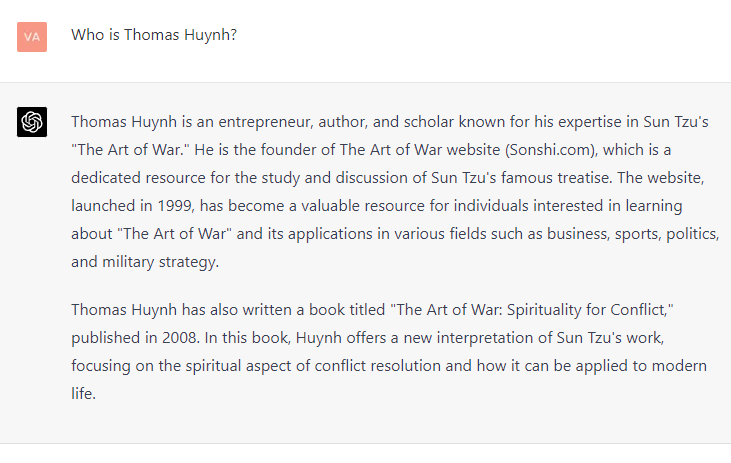

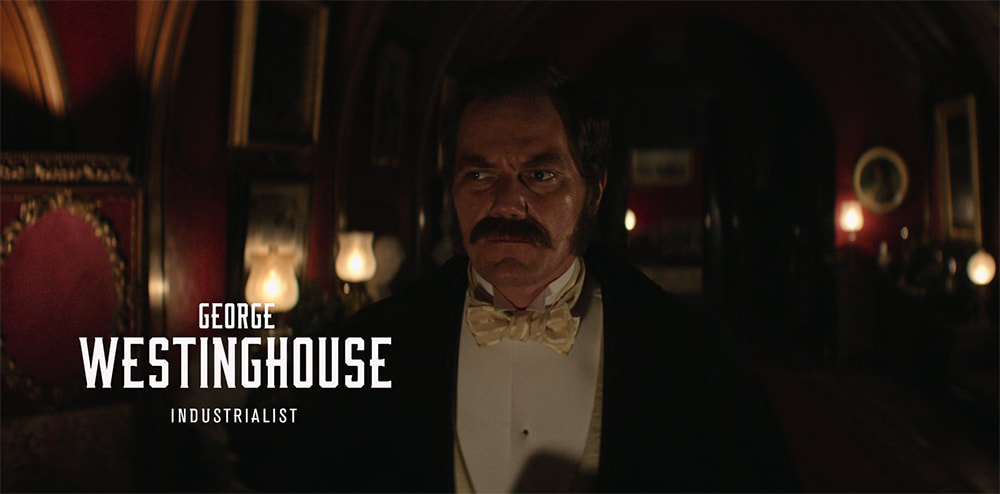
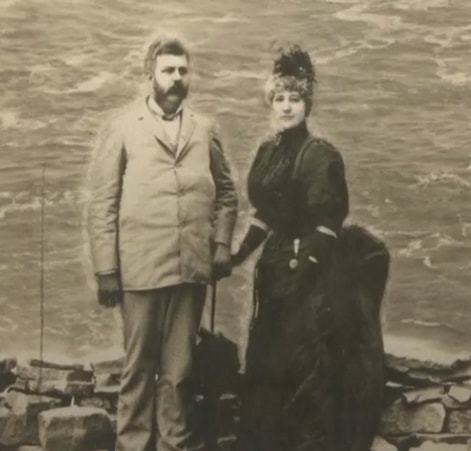
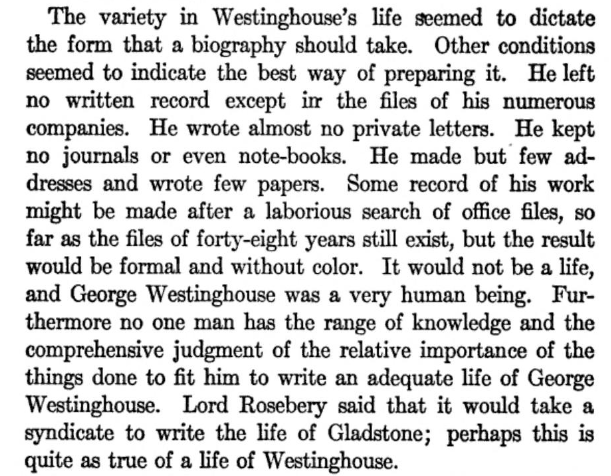
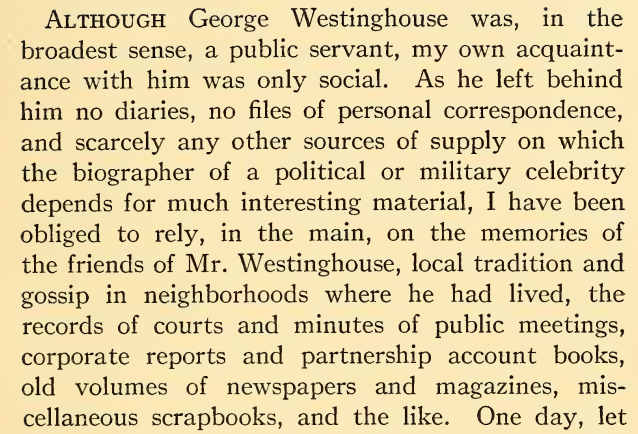
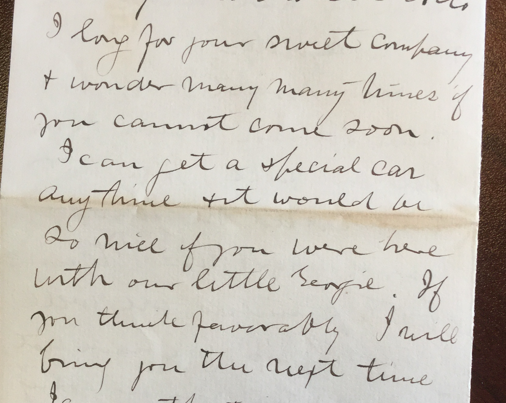
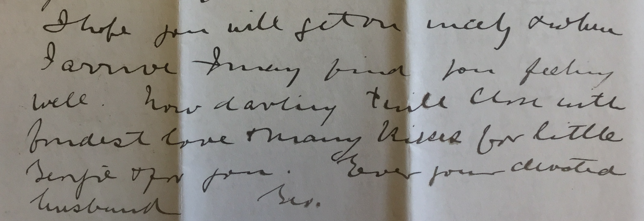

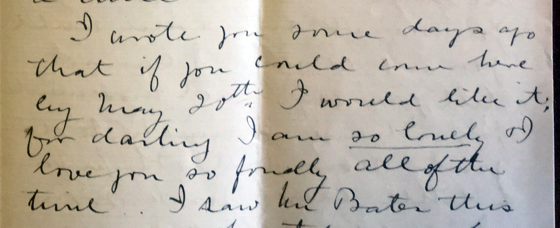
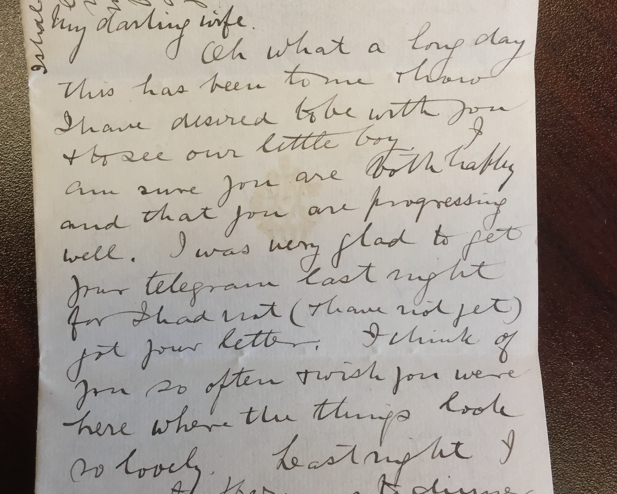
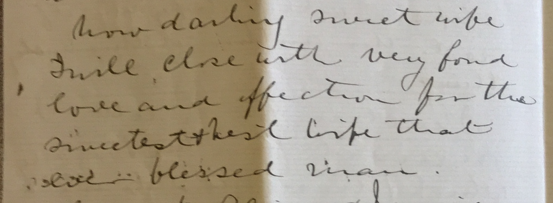
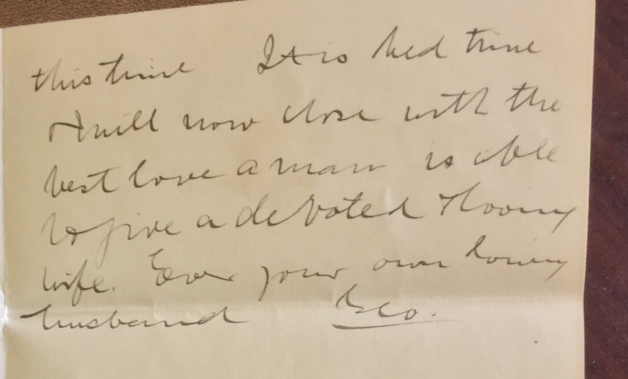
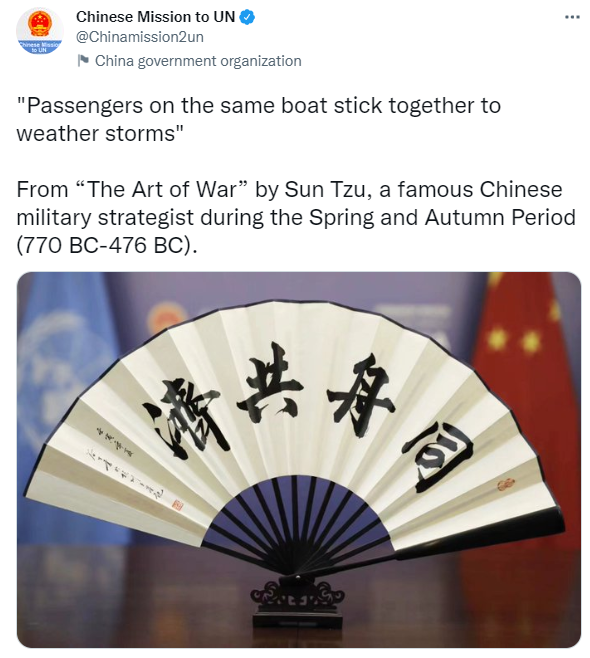


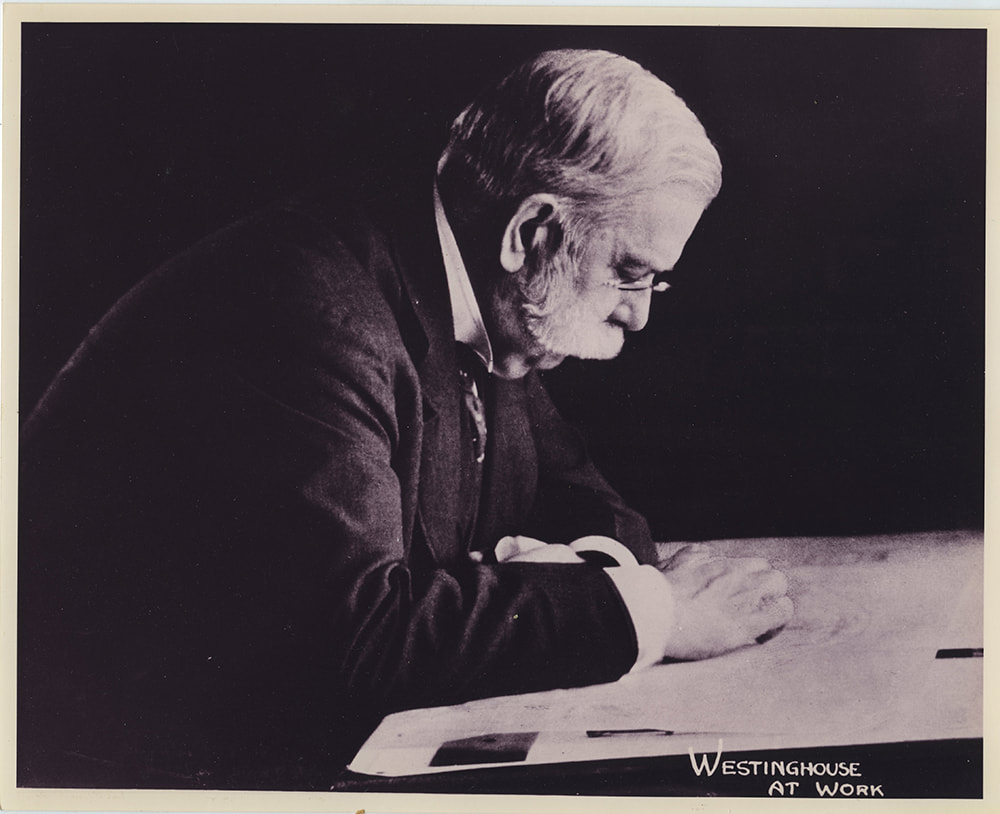
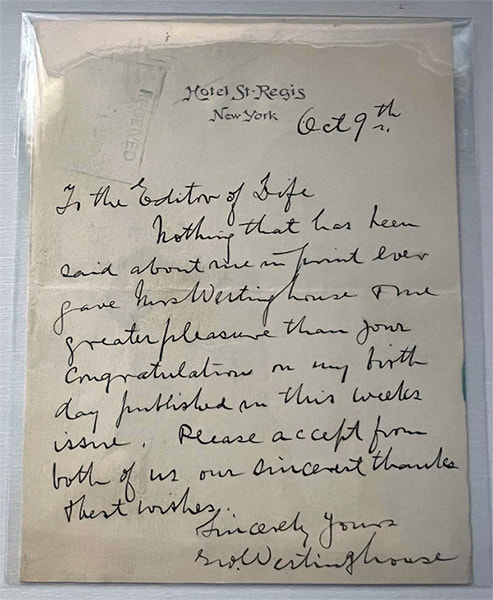
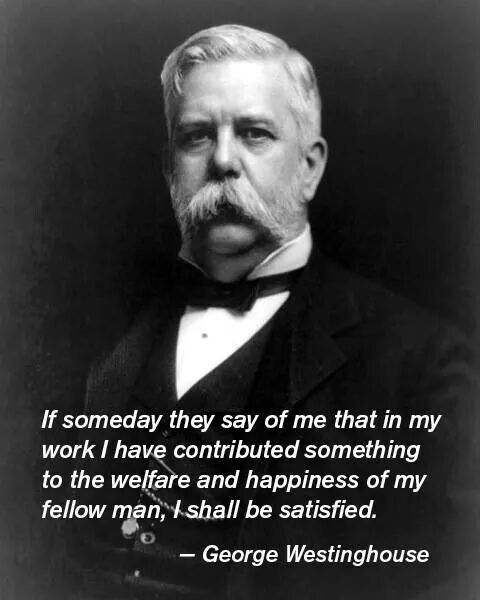
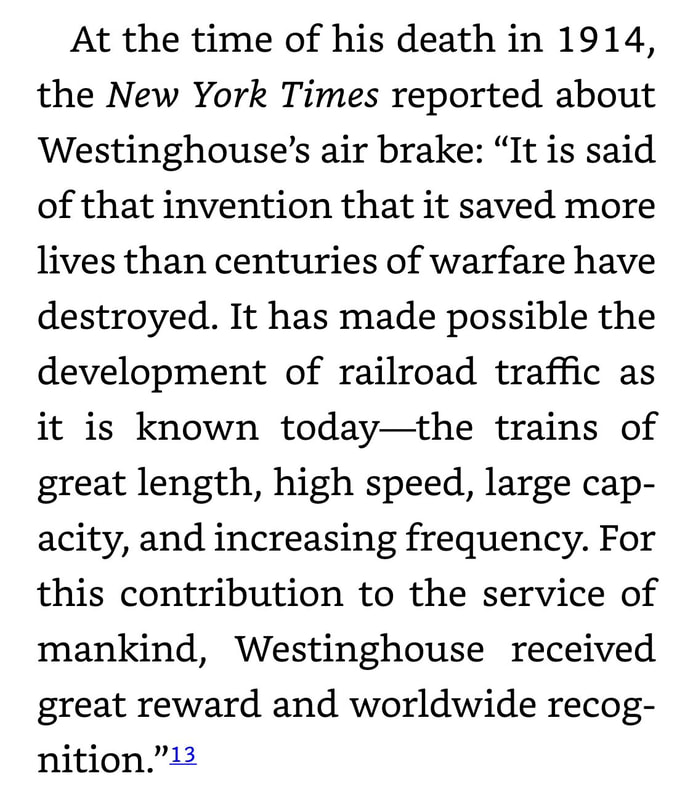
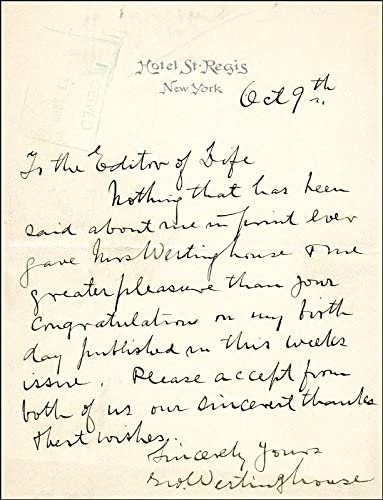
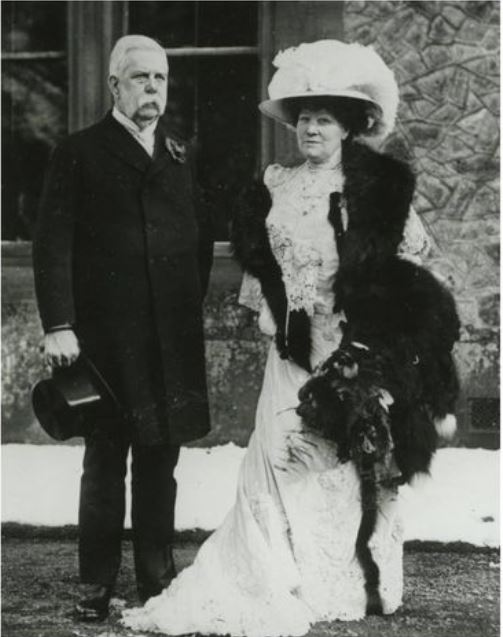

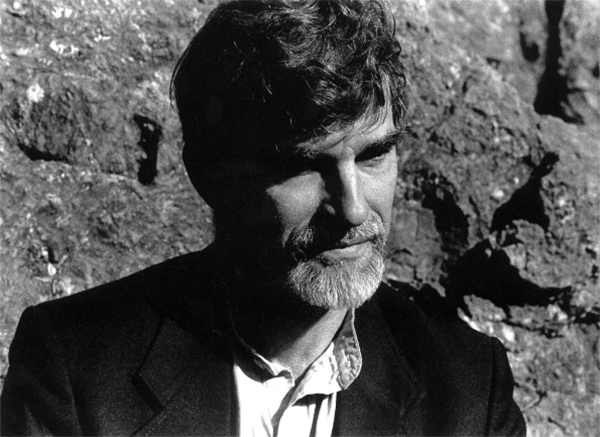


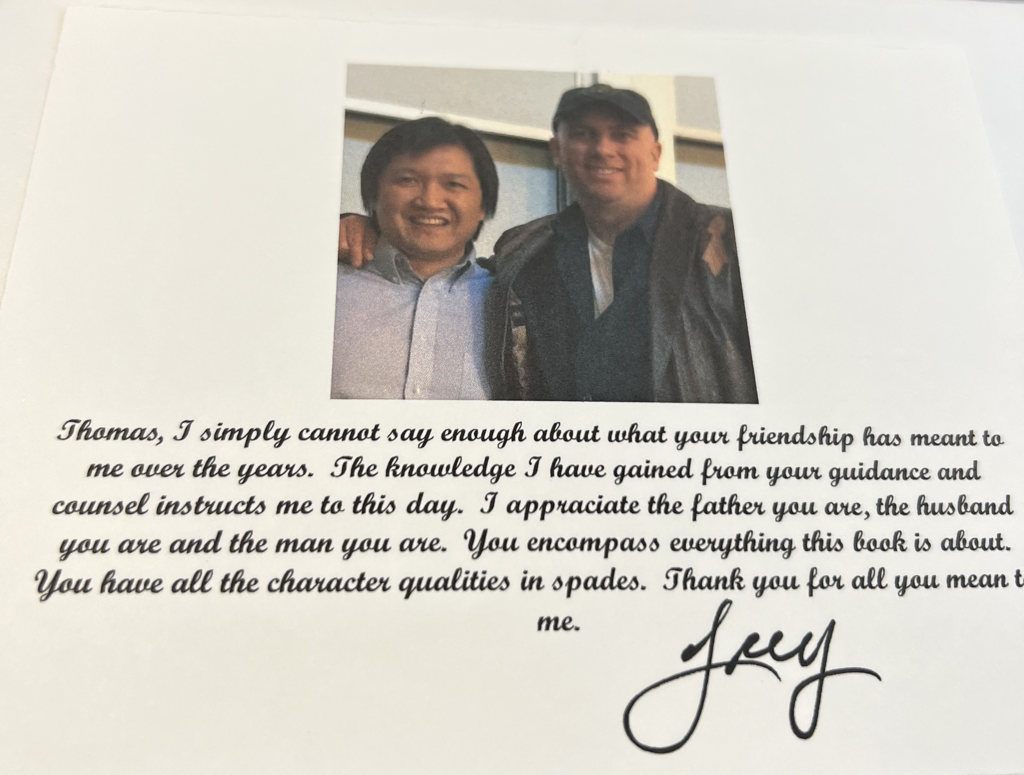





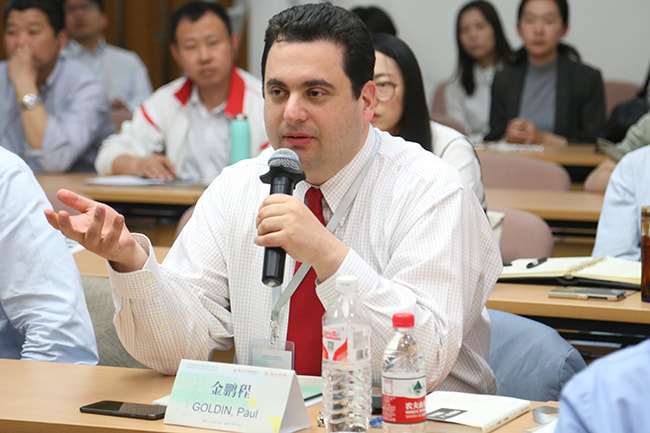


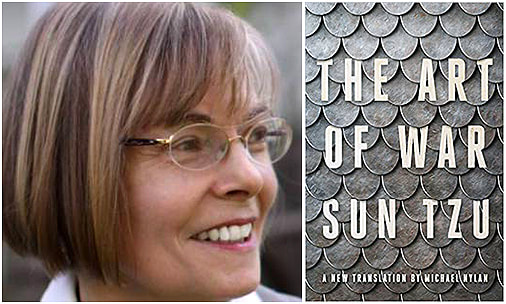

 RSS Feed
RSS Feed